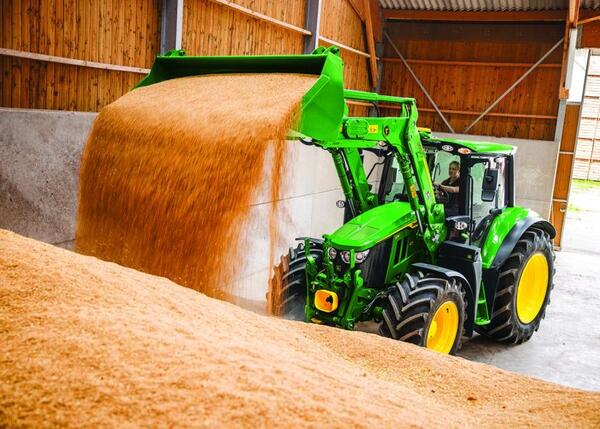AgDaily reports:
Deere & Company has formally responded to a federal antitrust lawsuit filed by the Federal Trade Commission and a coalition of state attorneys general, rejecting claims that its repair restrictions on agricultural equipment violate competition laws.
In a 49-page court filing submitted on March 17, Deere denies nearly every substantive allegation in the FTC’s amended complaint and asserts a series of affirmative defenses.
The case, filed in the U.S. District Court for the Northern District of Illinois, accuses Deere of using its proprietary software tools and dealer network to monopolize the repair markets for its large tractors and combines.
According to the plaintiffs, Deere’s practices force farmers to rely exclusively on its authorized dealers for critical repairs, limiting competition and driving up costs.
At the center of the lawsuit is Deere’s Service ADVISOR, a software tool available only to authorized Deere dealers. The plaintiffs argue that this tool is essential for diagnosing and repairing electronic issues in modern Deere equipment and that a stripped-down version made available to customers and independent repair providers, known as Customer Service ADVISOR, lacks critical functionality.
Deere admits that Service ADVISOR is more capable but insists that Customer Service ADVISOR is sufficient for many repairs and is available for purchase. The company strongly denies that its practices amount to unlawful monopolization or unfair competition. In its filing, Deere asserts that it has legitimate business reasons for controlling access to its proprietary tools, citing safety, security, and environmental compliance.
Deere’s legal team, led by attorneys from Jones Day and Latham & Watkins LLP, laid out eight affirmative defenses. These include arguments that the FTC lacks the authority to bring standalone claims in federal court under Section 5 of the FTC Act and that the agency’s lawsuit violates constitutional principles such as separation of powers and due process.
Deere also challenges the plaintiffs’ market definitions and contends that the complaint fails to allege any actual anticompetitive conduct or harm.
The company argues that it operates within a competitive agricultural machinery market and that its relationships with dealers and its repair tool policies are driven by legitimate, procompetitive concerns.
To read the entire article click here.


